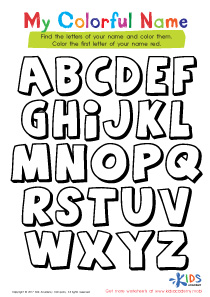Sound Association Grade 3 ABC Letters Worksheets
4 filtered results
-
From - To
Enhance your third grader's phonetic skills with our engaging Sound Association ABC Letters Worksheets! Designed to reinforce letter-sound recognition, these printable activities provide an effective blend of education and fun. Students will explore the connection between letters and their corresponding sounds through interactive exercises, boosting their reading and writing abilities. Each worksheet features colorful illustrations and memorable examples, making learning enjoyable and impactful. Perfect for classroom use or at-home practice, these resources support diverse learning styles and help children build a strong linguistic foundation. Empower your child’s literacy journey today with our carefully crafted worksheets that make mastering sound association a breeze!
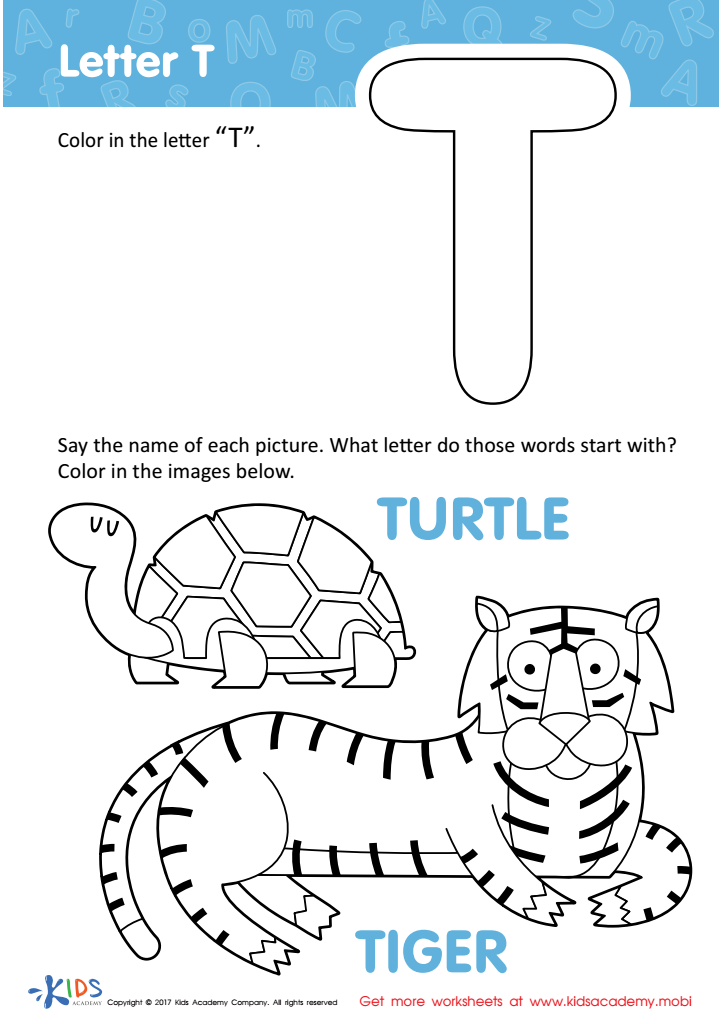

Letter T Coloring Sheet
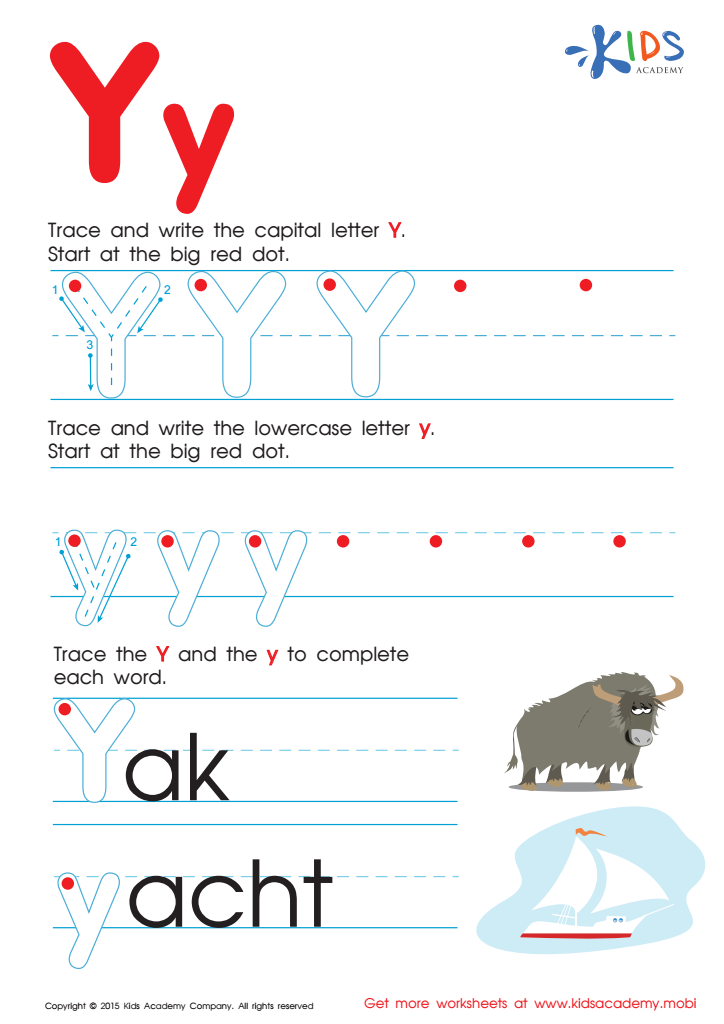

Letter Y Tracing Page
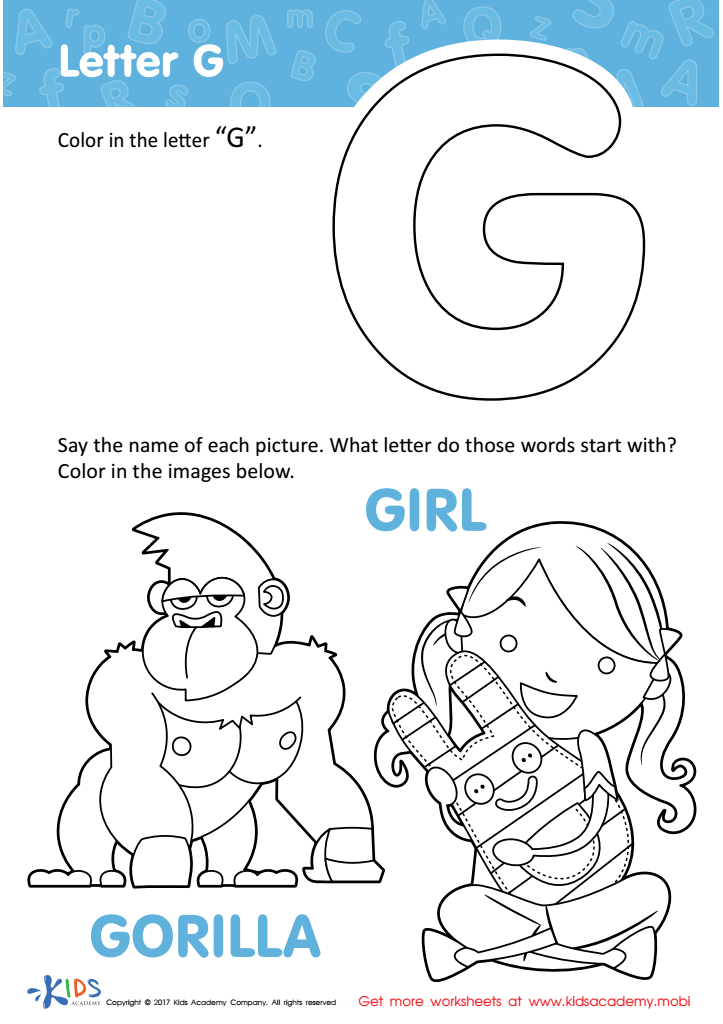

Letter G Coloring Sheet
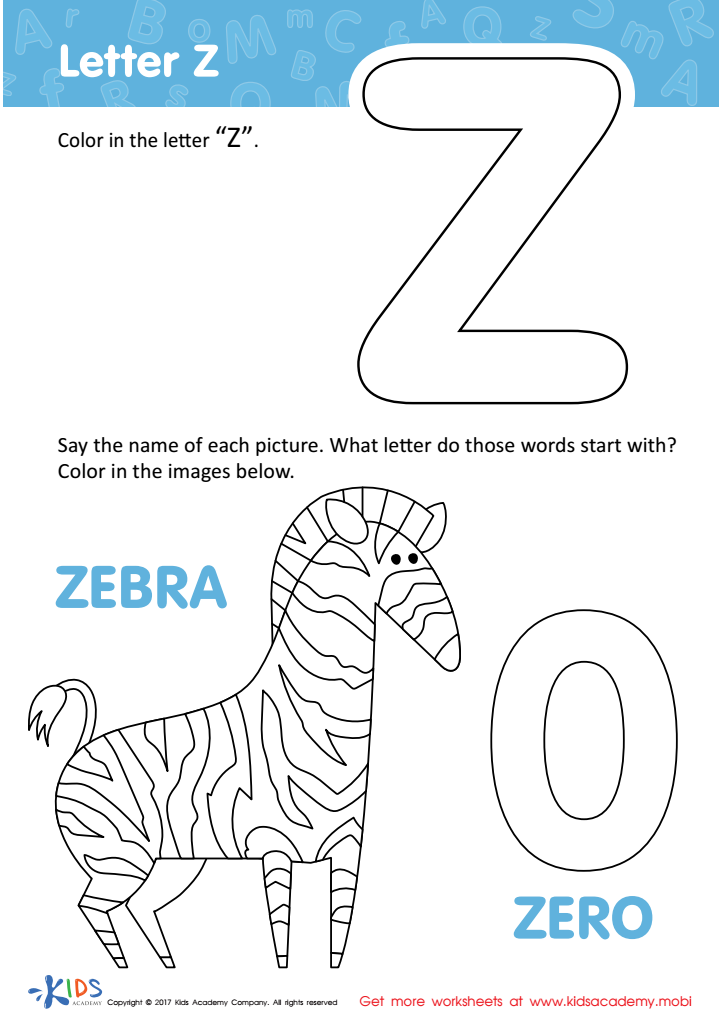

Letter Z Coloring Sheet
Sound Association, particularly for Grade 3 ABC letters, is crucial for children's literacy development and overall communication skills. At this stage, children are moving beyond simple letter recognition to understand the relationship between letters and the sounds they represent. This foundational skill enables them to decode new words, enhancing their reading fluency and comprehension.
For parents and teachers, fostering strong sound associations helps build confidence in children as they encounter more complex texts. As students learn to connect letters with their corresponding sounds, they become more adept at spelling and phonetic awareness, which are essential for writing. Furthermore, understanding sound-letter relationships contributes to better vocabulary acquisition, as children can grasp the pronunciation and meaning of unfamiliar words.
Moreover, sound association skills lay the groundwork for more advanced literacy tasks in the future, preparing students for academic success across subjects. Engaging children in activities that promote phonemic awareness—such as rhymes, storytelling, and word games—can make learning fun and effective. Ultimately, prioritizing sound association in Grade 3 can significantly influence a child's lifelong learning and love for reading. Parents and teachers, therefore, play a pivotal role in nurturing these essential skills.
 Assign to My Students
Assign to My Students







